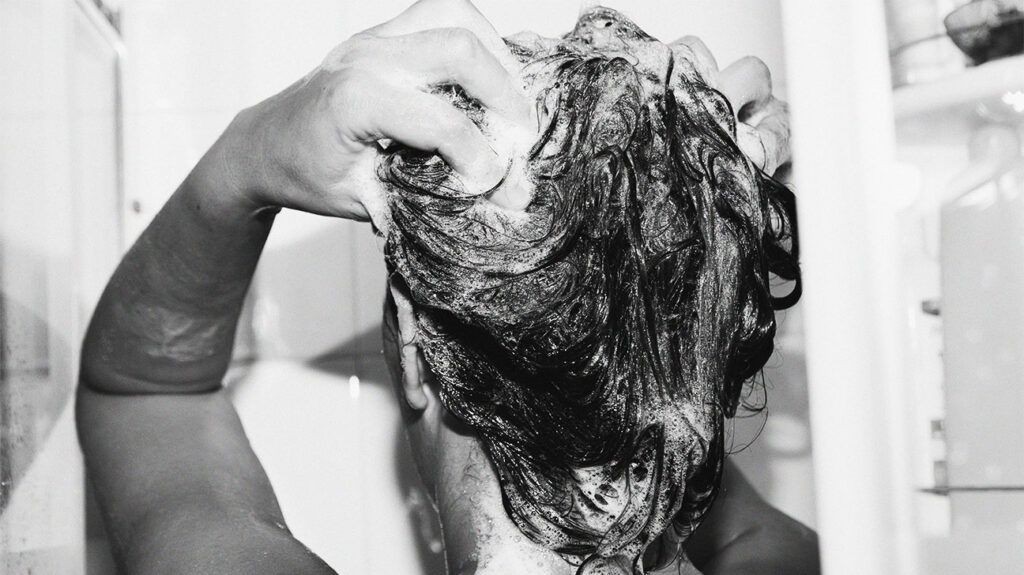Itchy, flaky, and irritated scalp got you down? You’re not alone. Many people experience a dry scalp, especially during certain times of the year. While it can be bothersome, understanding why your scalp is so dry is the first step towards finding relief. Dry scalp and dandruff are often confused, but they are distinct conditions with different underlying causes.
What is Dry Scalp?
Dry scalp, in essence, is exactly what it sounds like: a scalp that lacks sufficient moisture. Just like the skin on your body can become dry, so can the skin on your scalp. This happens when your scalp doesn’t produce enough oil to keep itself and your hair lubricated and hydrated. This lack of natural oils can lead to a variety of uncomfortable symptoms.
The telltale signs of a dry scalp include:
- Itching: A persistent urge to scratch your scalp is a common complaint.
- Flakiness: Small, dry flakes of skin may be visible, often falling onto your shoulders.
- Irritation: Your scalp may feel sensitive, tight, or even slightly painful.
- Dry Hair: Because the scalp’s natural oils also condition your hair, a dry scalp can contribute to dry and lackluster looking hair.
If you generally experience dry skin on other parts of your body, you are more likely to also have a dry scalp. Many factors that contribute to dry skin elsewhere can also trigger dryness on your scalp.
 Woman with dry scalp scratching her head
Woman with dry scalp scratching her head
Common Causes of Dry Scalp
Several everyday factors can strip your scalp of its natural moisture and lead to dryness. These include:
Environmental Factors
- Dry Air: Winter months, with their cold air and dry indoor heating, are notorious for causing dry skin and scalp. Low humidity environments can also contribute to moisture loss.
Over-Washing Your Hair
- Excessive Shampooing: While hygiene is important, washing your hair too frequently, especially with harsh shampoos, can strip away the natural oils that keep your scalp moisturized.
Skin Conditions
- Eczema: This common skin condition, also known as atopic dermatitis, can affect the scalp and cause dry, itchy, and inflamed skin.
Dry Scalp vs. Dandruff: Understanding the Difference
It’s easy to mistake dry scalp for dandruff because both conditions can cause flakiness and itching. However, dandruff is a different issue. Dandruff is characterized by an accelerated shedding of dead skin cells from the scalp. These flakes are indeed dead skin, but the problem isn’t dryness; it’s an overproduction and rapid shedding of skin cells.
While the exact causes of dandruff are not fully understood, several factors are believed to play a role:
- Fungal Infections: A yeast-like fungus called Malassezia is commonly found on the scalp. In some people, it can become overactive and contribute to dandruff.
- Scalp Oils (Sebum): Oily scalps can actually be more prone to dandruff. The excess oil can feed the Malassezia fungus.
- Sensitivity to Hair Products: Certain shampoos, conditioners, styling products, or even hair dyes can irritate the scalp and trigger dandruff in susceptible individuals.
Essentially, dry scalp is due to a lack of oil and moisture, while dandruff is often related to an overgrowth of yeast and rapid skin cell turnover, sometimes exacerbated by oiliness or product sensitivity. Understanding whether you’re dealing with dry scalp or dandruff is crucial for choosing the right approach to care and treatment.